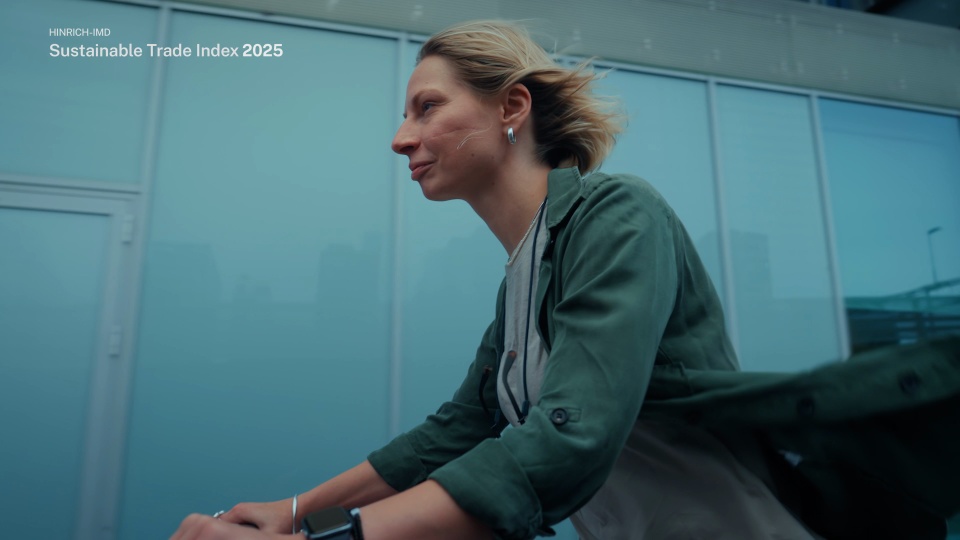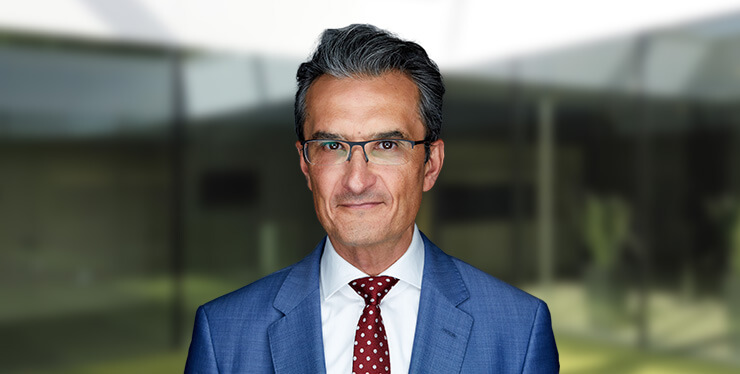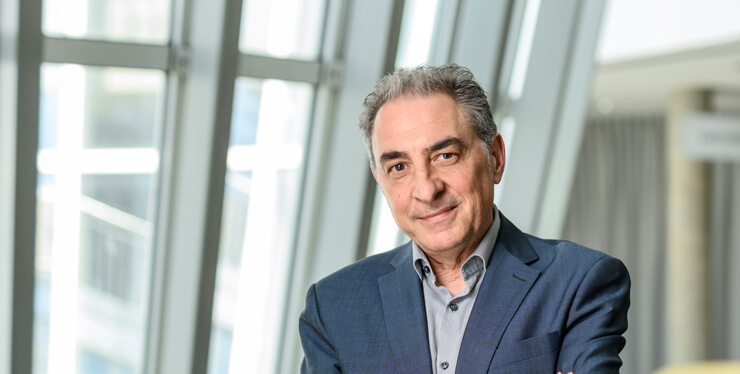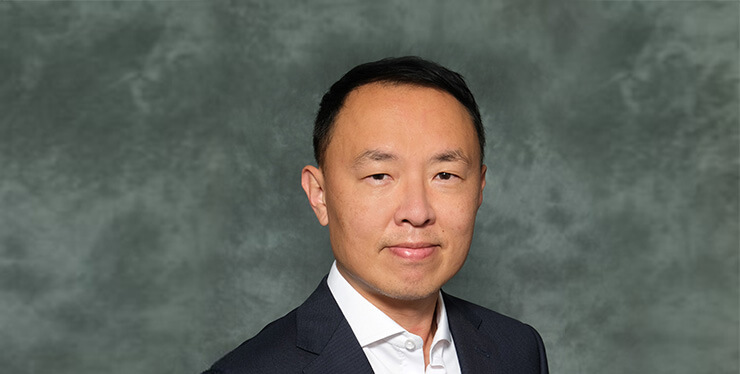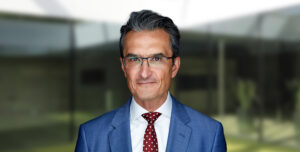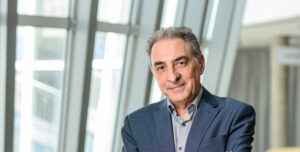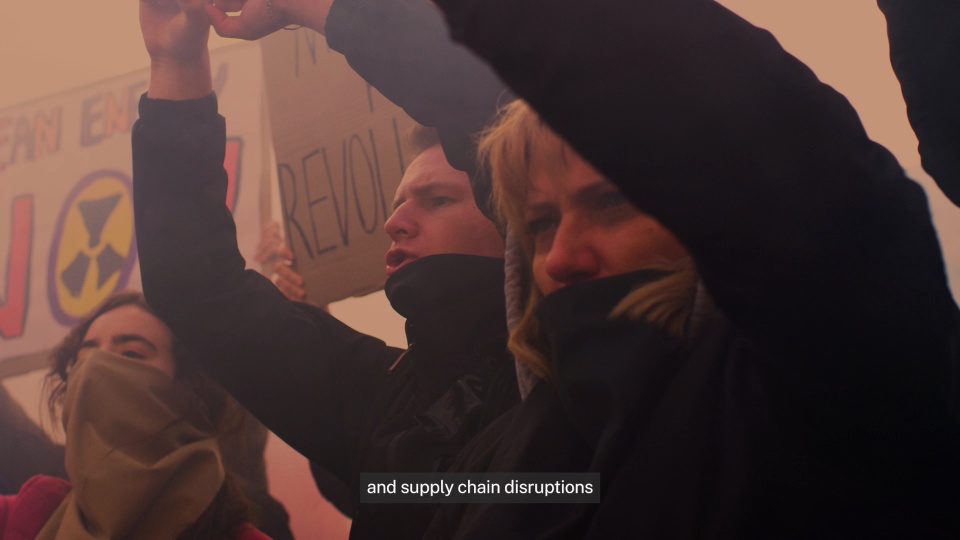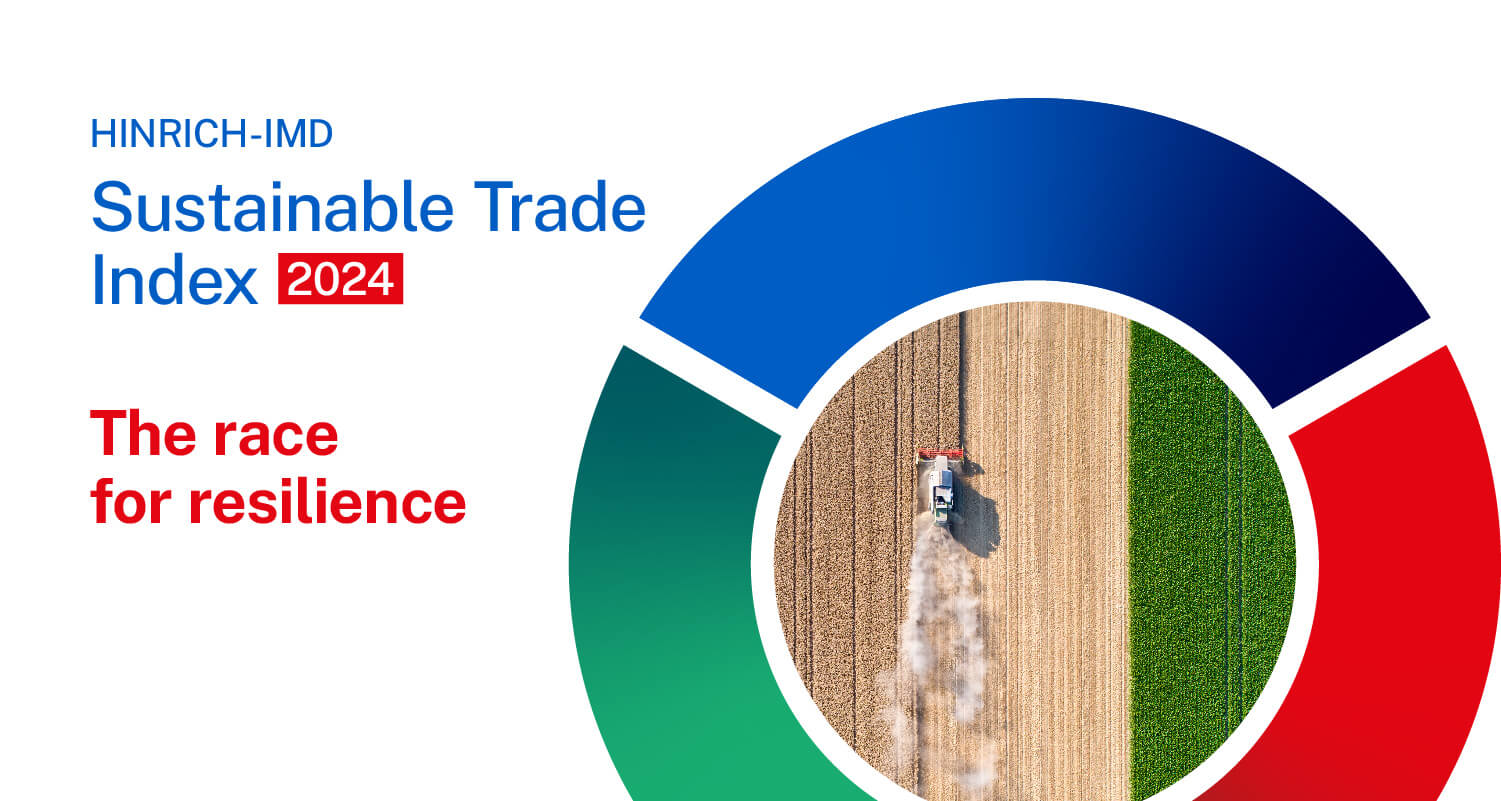


Understanding the importance of structural readiness and strategic positioning in global sustainable-trade practices.
Hinrich-IMD Sustainable Trade Index
Understanding the importance of structural readiness and strategic positioning in global sustainable-trade practices.
This is a joint annual ranking and accompanying report of 30 global economies, carried out by the IMD World Competitiveness Center and the Hinrich Foundation. They share the belief that responsible government policy and farsighted corporate decision-making can harness the many positive elements of trade while mitigating the less desirable ones.
The STI measures 30 economies’ readiness and capacity to participate in the global trading system in a manner that supports the long-term goals of economic growth, environmental protection, and societal development. It takes data (“indicators”) and splits it across three “pillars”:
Results
Full 2025 report
Explore the 42-page analysis of this year’s findings.
